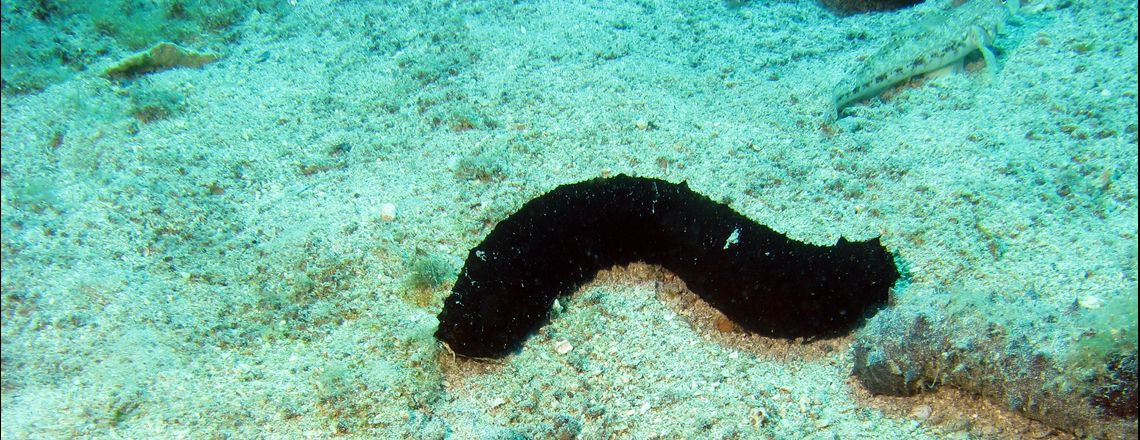
As part of the three-year monitoring, the implementation of which began in 2019 and is planned until 2021, a team of experts is conducting field research that includes monitoring the condition of the population of sea urchins and sea cucumbers. The holder of this monitoring is the company Janolus d.o.o. consisting of experienced divers and experts in the field of marine biology, in collaboration with Oikon d.o.o. - Institute for Applied Ecology, which operates in the field of applied ecology in Croatia and the region. We, members of the 20000 Leagues Society of Marine Explorers, also joined the project team in thefield research, which gave us many new knowledge and skills. During this first year of monitoring, 26 sites throughout the Adriatic were visited. Monitoring the state of the sea urchin population The aim of this monitoring was to establish the condition and monitor oscillations in the sea urchin population...
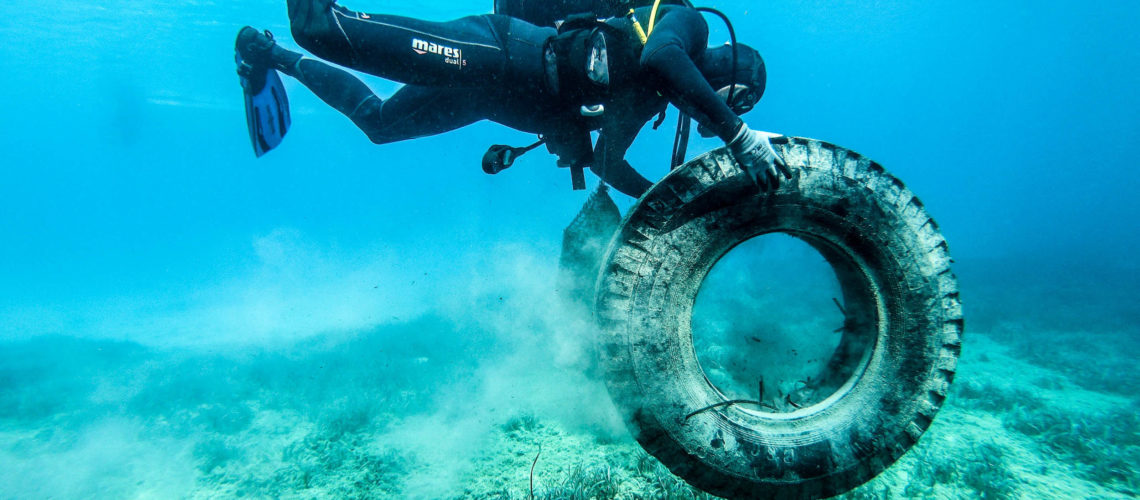
As part of the project "Cres in action: Under the sea, the situation is even worse" Terra Hub, our longtime partners and associates, organized a series of activities in which members of the Society 20,000 Leagues have participated as partner organization. In a few days, the seabed of three bays was successfully cleaned as part of the cleaning actions - one bay that was covered with many tires in its seabed (Tarej bay), then a small fishing port with mostly marine litter connecting with fishing activities (in Merag bay) and one bay under significant nautical tourism influence, as garbage that have fallen out from the boats and seabed damage due to the anchoring (Krušćica bay). Authors: Eva Topić & Marko Capek (Terra Hub) While Terra Hub members were educating citizens and children about the problem of plastic pollution and the problem of waste disposal and separation in general at an...
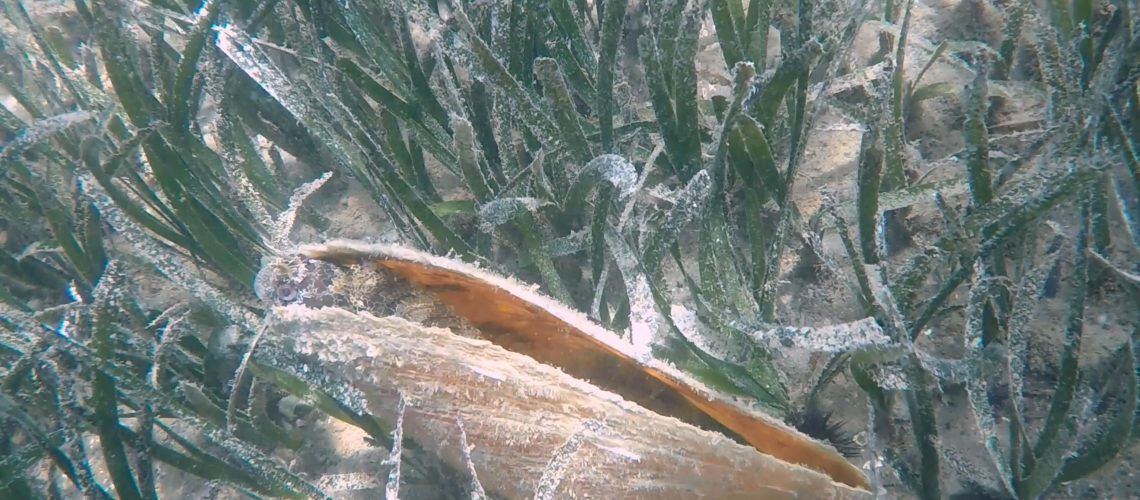
The largest endemic bivalve of the Mediterranean, the noble pen shell (Pinna nobilis), is a strictly protected species in Croatia. It is also known by the names: lostura, loščura, palastura. It is distributed on the sedimentary bottom of shallow coastal areas of the Adriatic. Before the summer, you had the opportunity to read in the media about the massacre that engulfed the Mediterranean. The first such event in the Adriatic was recorded in May on Elafiti. The reason for this is a combination of two main causes: the parasite Haplosporidium pinnae and infection with the bacteria Mycobacterium. In 2018, the IUCN prepared an action program that provided guidelines on how to further investigate the current state of the noble pen shell in a particular area. We forwarded to the public some of the guidelines that we implemented at several locations throughout the Adriatic. The situation in the Mediterranean does not...
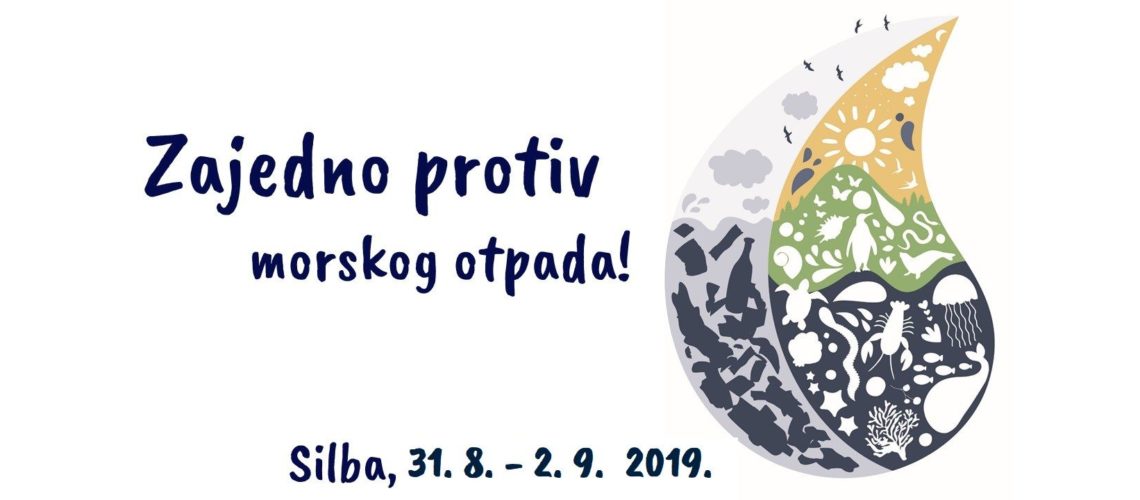
For the weekend 31.8. (Saturday) and 1.9. (Sunday) on Silba will continue the activities of the initiative "Together against marine litter”. On the beaches of Silba, a common sight is marine litter that was wasehd away from the sea, brought by wind, waves and currents. They often lack any form of infrastructure for collecting this marine litter, according to the users of these beaches themselves. Therefore, we will provide infrastructure together because we are fighting against marine litter together! At three locations on Silba, we will place bins for the collection of EXCLUSIVELY marine litter that was washed away from the sea (waste that we generate ourselves, dispose of ourselves!). The collection bins will be wooden, their main construction will be made of pallets and planks. We will build them together near the park on Saturday 31.8. Skillful or clumsy, come without or with your tools, help and refresh yourself!...
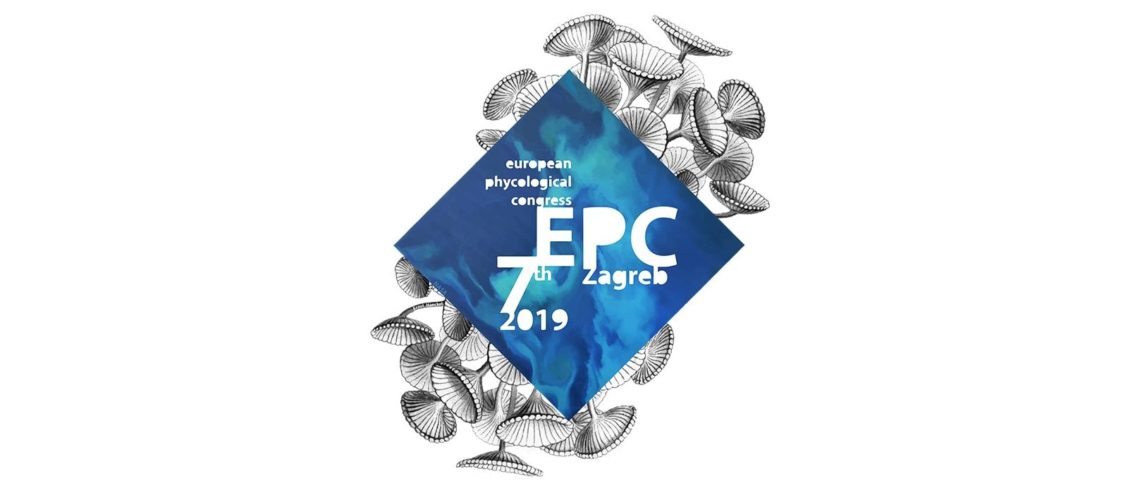
The European Phycological Congress is being held for the seventh time, this year in Croatia, in Zagreb from 25th to 30th of August. The main local organizer is the Faculty of Science in Zagreb. We are participating in the EPC7 with the data of our activities and research, which were carried out as part of the CROpwall Science-Expedition-Volunteer Camp 2017 in Mljet National Park. That research we continued last year, and started this year on Silba Island. This research survey was in the form of standardized monitoring of the meadows of an endemic sea grass species in the Mediterranean - Neptune sea grass ( Posidonica oceanica ). In the conference program of the symposium "Public outreach and citizen science" Hrvoje Cizmek presented a lecture titled: "Need for increased effort - could recreational divers improve the efficiency of sea grass monoitoring?". The results have shown that they can, and such research...
2026 © Marine Explorers Society 20.000 leagues. ALL Rights Reserved.
